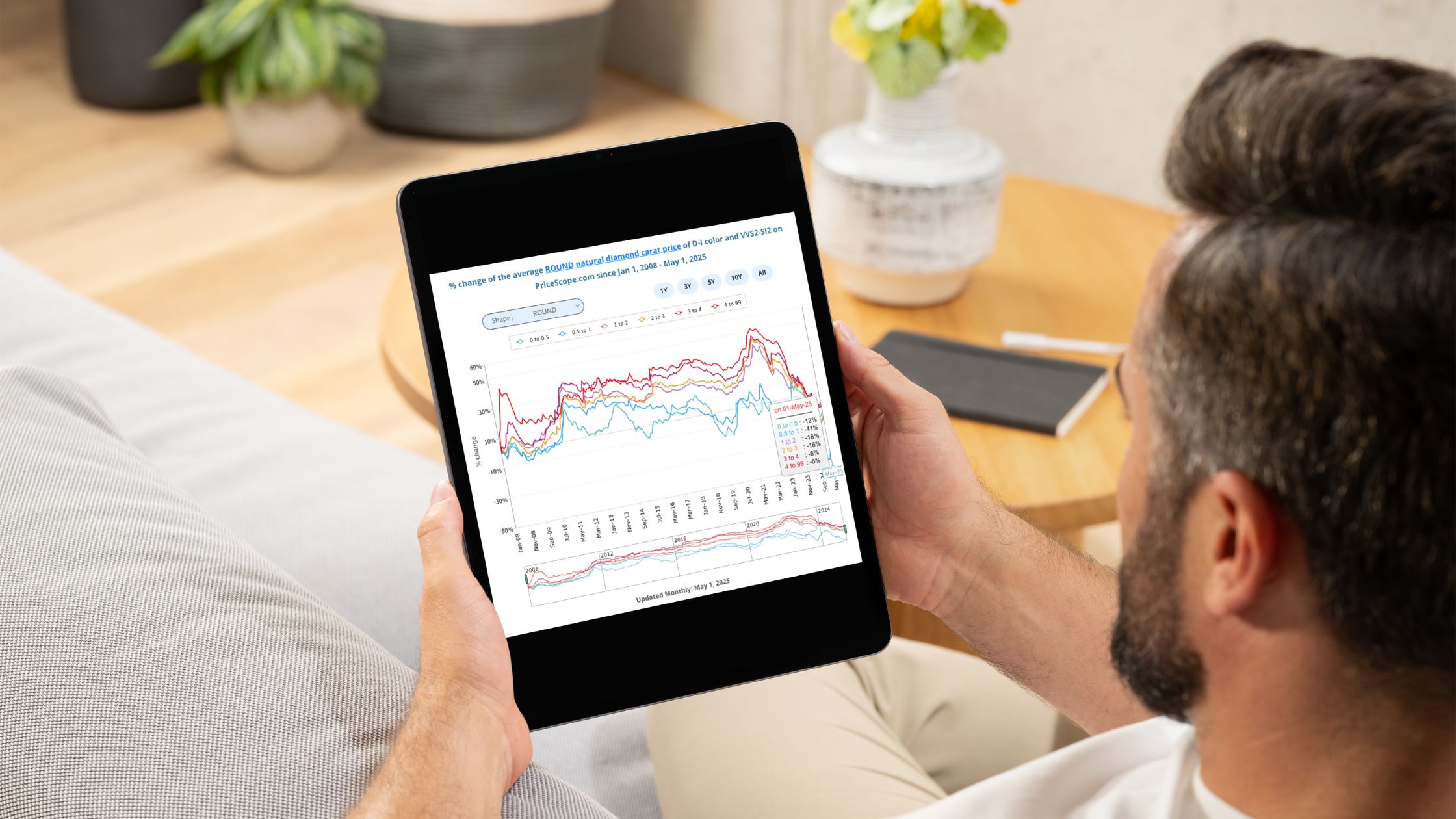Scarabnight
Rough_Rock
- Joined
- Sep 25, 2009
- Messages
- 52
I''m considering switching my degree program to Accountancy. I have many questions and would appreciate any insight my fellow PSers have that are in the profession.
First of all, are you satisfied with your career choice? Can you tell me a little bit about what arena you''re in and what type of work you do/have done?
What education level have you achieved? Did you stop after the BA and seek licensure or did you pursue a Master''s as well? If you got a Master''s, did you get a Master''s in accounting, business, or other? Do you feel the Master''s degree has benefited your career advancement at all? Have you found the employers prefer a Master''s degree or is it strictly CPA license preferred?
Please help!!


First of all, are you satisfied with your career choice? Can you tell me a little bit about what arena you''re in and what type of work you do/have done?
What education level have you achieved? Did you stop after the BA and seek licensure or did you pursue a Master''s as well? If you got a Master''s, did you get a Master''s in accounting, business, or other? Do you feel the Master''s degree has benefited your career advancement at all? Have you found the employers prefer a Master''s degree or is it strictly CPA license preferred?
Please help!!












300x240.png)